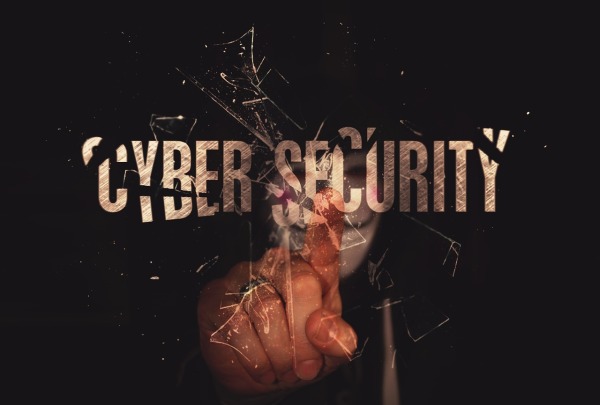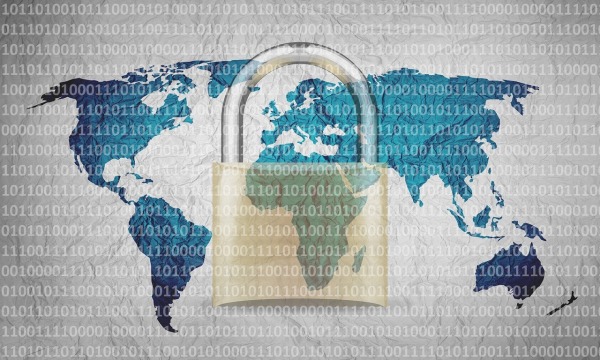In today's digital age, online security has become a crucial aspect for businesses, especially small ones. Many small businesses assume that they are not at risk of cyber attacks due to their size, but this is a common misconception as they are often viewed as easy targets with weaker security systems.
According to an article in the Liverpool Echo, 54% of SMEs in UK have been targeted by cybercriminals in the last year.
Cyber attacks can have a devastating impact, so small businesses need to understand the importance of online security and take steps to safeguard their systems. The financial losses resulting from a cyber attack can be significant (a predicted average of around £4,200 per attack), and small businesses may struggle to recover from such losses.
Moreover, cyber attacks can damage a company's reputation and lead to loss of customers. In some cases, small businesses may also face legal liabilities if they fail to comply with data protection regulations.
There are different types of cyber-attacks that small businesses need to be aware of, including phishing attacks, malware, ransomware, and DDoS attacks. Phishing attacks are one of the most common types of cyber attacks, where cybercriminals use fraudulent emails or messages to trick unsuspecting employees into revealing sensitive information or downloading malware. Malware is a type of software that is designed to damage or disrupt computer systems. Ransomware is a type of malware that encrypts a company's data and demands payment in exchange for the decryption key. Finally, DDoS attacks involve overwhelming a company's website or servers with traffic, making it inaccessible to users.

Small businesses can take several steps to prevent cyber attacks and protect their systems. One of the most important steps is to implement security policies and procedures. This includes using strong passwords, enabling two-factor authentication, and regularly updating software and systems.
Small businesses should also ensure that their systems comply with GDPR regulations to protect customer data.
Implementing security policies and procedures can go a long way in preventing cyber attacks. Small businesses should conduct a risk assessment to identify potential vulnerabilities and develop a plan to address them. This includes training employees on online security best practices, such as how to identify and avoid phishing attacks. Small businesses should also limit access to sensitive data and systems, and regularly back up their data to prevent loss in case of a cyber attack.

Small businesses need to ensure GDPR compliance to protect customer data and avoid legal liabilities. This includes implementing appropriate security measures to protect customer data, such as encryption and access controls. Small businesses should also obtain explicit consent from customers before collecting or processing their data, and ensure that their data is only used for the intended purposes.
Small businesses need to store their information securely to prevent unauthorised access or theft. This includes using encryption to protect sensitive data, regularly backing up data to prevent loss, and limiting access to sensitive systems and data. Small businesses should also ensure that their physical devices, such as laptops and mobile phones, are protected with strong passwords and security software.
Employees can be a company's greatest asset in preventing cyber attacks, but they can also be a liability if they are not trained on online security best practices. Small businesses should provide regular training to employees on how to identify and avoid phishing attacks, use strong passwords, and maintain the security of their devices. Small businesses should also establish procedures for reporting security incidents and suspicious activity.
Small businesses should invest in cybersecurity measures to protect their systems and data. This includes using antivirus software, firewalls, and intrusion detection systems. Small businesses should also consider using a managed security service provider (MSSP) to monitor their systems and respond to security incidents.
Protect your businesses valuable data and assets
Small businesses need to prioritise online security to protect their valuable data and assets. By implementing security policies and procedures, ensuring GDPR compliance, storing information securely, training employees on online security best practices, and investing in cybersecurity measures, small businesses can safeguard their systems and data against cyber attacks.
Centaur Properties is a leading commercial property rental company in Liverpool offering a selection of offices, warehouses, and retail spaces to let. View our website or contact us today on 0151 525 5569 to discuss our latest availability or to arrange a viewing.